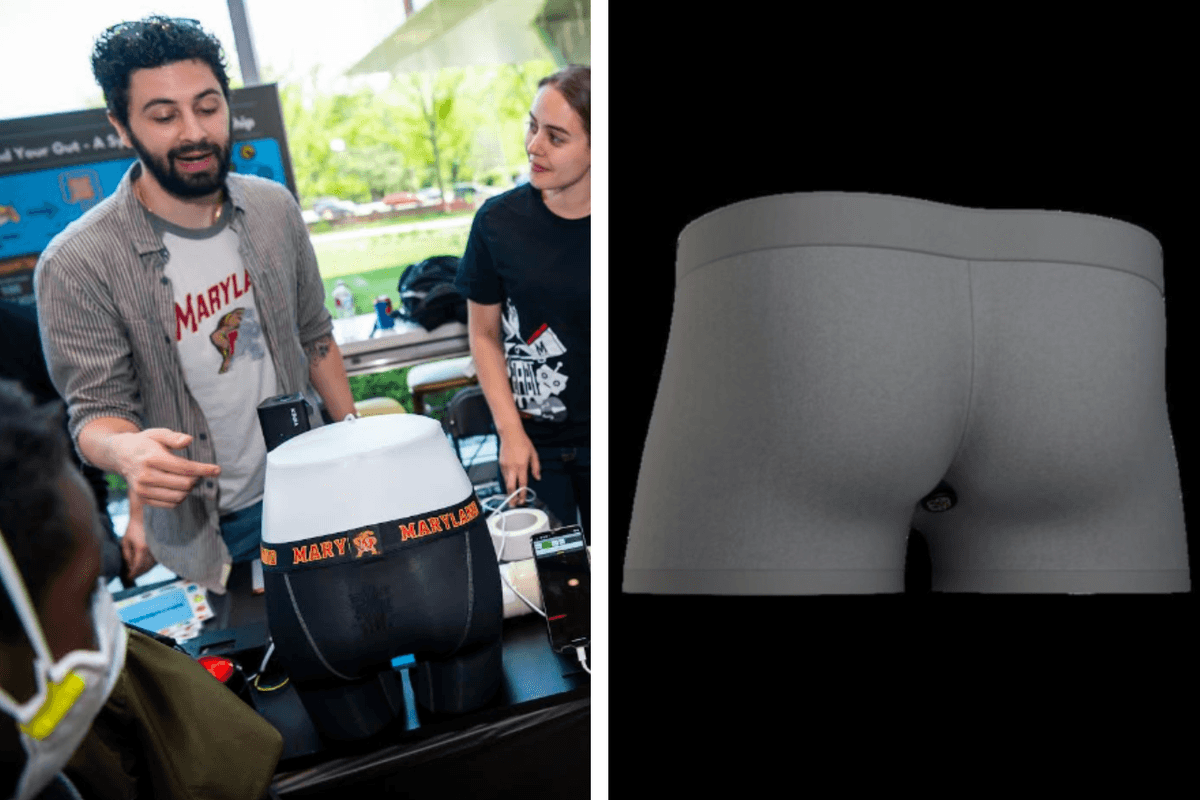News
Ellie Abraham
Oct 03, 2024
Woolly Mammoth And Rhino Amongst Ice Age Remains Found In UK Cave
Cover Media - Shareable / VideoElephant
A man on a mission to bring the woolly mammoth back from extinction says it can be done by the year 2028.
The woolly mammoth last roamed the Earth around 4,000 years ago, going extinct partly due to hunting by humans, while others are of the belief they could not tolerate the warming temperatures.
What is known for sure is that the species is currently extinct – something one man is trying to change.
Ben Lamm is the founder and CEO of the biotechnology company Colossal Biosciences, which is carrying out research on “de-extinction” in an effort to bring back long-gone species.
Lamm claimed the team is “on track for the mammoth for late 2028”. The team plans to use Asian elephants as surrogates who will carry hybrid Asian-woolly mammoth gene-edited embryos, made with the help of DNA samples from well-preserved mammoths.
It is hoped not to make just one woolly mammoth but to repopulate the planet with herds.

He told Unilad: “You need enough engineered and genetic diversity so you can create interbreedable, sustainable herds so you’re not just making a bunch of clones. You have to be very thoughtful in that process.
“Rewilding of the species back into their respective environments with enough population genetics and diversity so they can create sustainability without human managed care.”
Lamm refuted the argument that our current climate is too warm for the species to survive, claiming it is a misconception.
He argued: “Everyone thinks of the movie Ice Age, right? In those times, there were those locations but there were also these massive interglacial periods that were actually warmer than today.
“And if you look at mammoths, and also the distribution of different types of mammoths, like Columbian mammoths, the distribution and migratory patterns were vast and wild and huge populations, and they went down to very warm locations outside of these kind of global warmed periods.”
Lamm also hopes to bring back the extinct dodo bird and Tasmanian tiger.
Sign up for our free indy100 weekly newsletter
How to join the indy100's free WhatsApp channel
Have your say in our news democracy. Click the upvote icon at the top of the page to help raise this article through the indy100 rankings
Top 100
The Conversation (0)














